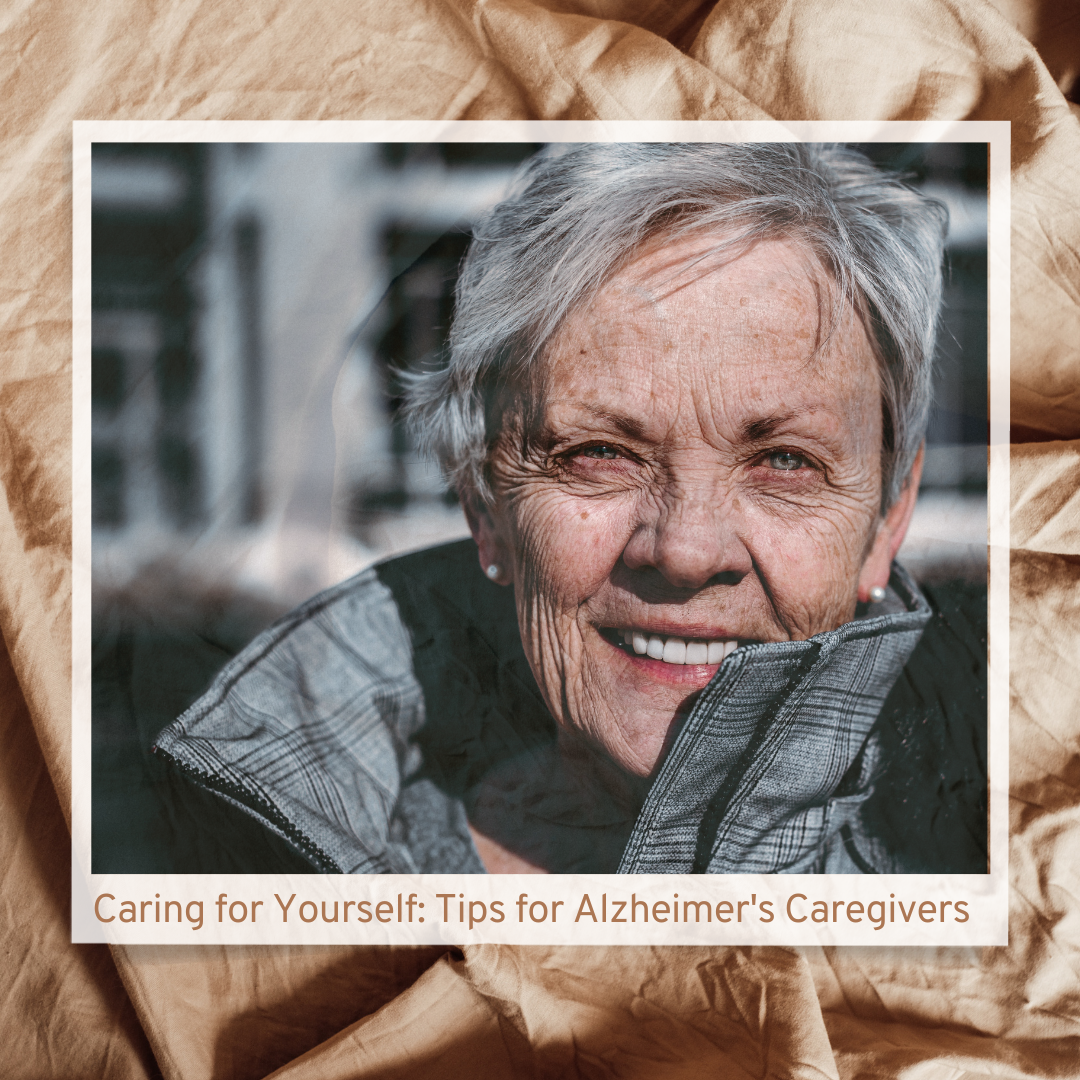While taking care of loved ones who have been living with Alzheimer’s disease, the task of taking care of yourself is not always something included in the Alzheimer’s caregiver manual. Taking care of yourself – whether it be physically, emotionally, or mentally – while taking care of a loved one who is living with Alzheimer’s can be just as necessary as their care. The expression “you can’t pour from an empty cup,” comes to mind when thinking about the necessity of caregiver self-care while supporting someone who is battling this disease.
Beginning to know your limits and gaining awareness of when you may be getting burnt out from caretaking can mean a world of difference to you and your loved one.
This could mean asking family members and friends to help out, doing things you enjoy, or getting help from a professional nurse or home healthcare service. Not only will taking these steps bring you relief, but it may also decrease the possibility of you getting ill or depressed yourself.
How Do I Begin to Take Care of Myself?
We have developed a number of ways that you can begin taking care of yourself so that you can be the best version of yourself for your loved one. In addition, it may help to take a break in between doctors appointments and managing care.
Ask for help
It can sometimes be hard to let go and trust others to do the job of taking care of your loved one. However, asking for help from other professionals or trusted people can give you the time to take care of your mental, emotional, and physical health.
Eat healthy foods
Speaking of healthy, eating a nutritious diet that is packed with probiotics and micronutrients giving you the right sources of energy and protein will help with energy levels at home.
Keep up with your hobbies and interests
While taking care of a loved one with Alzheimer’s disease, the tasks and responsibilities associated with caretaking can become overwhelming. Remembering to maintain a sense of identity throughout the process and to keep your interests and responsibilities is vital in accomplishing self-care. Maintaining a healthy schedule and taking time to do the things you love like water coloring, exercising, vacationing, and even reading can make a world of difference.
How Do I Ask For Help?
Everyone needs a break and to rest at times. However, many caregivers find it hard to trust or ask for help while taking care of their loved ones. You may feel like you should do everything yourself, or that it’s not right to leave the person in your care with someone else. Or maybe the cost of having a paid professional assist in caretaking can add to the stress.
However, reminding yourself that it is okay to ask for help from family, friends and other individuals is important. If it feels daunting to have someone support you in your efforts, try asking people to help out in specific ways, such as making a meal, visiting the person, or taking the person out for a short time (maybe on a walk or to the movies). You may want to join a support group for Alzheimer’s disease caregivers. These groups meet in-person or online and allow you to share your hopes, concerns, and hacks for taking care of your loved one. Ask your doctor, check online, or contact a local chapter of the Alzheimer’s Association.
Regardless of how to ask for help, you always have different options. Including the option to enroll your loved one in a clinical trial at BTC of New Bedford.

